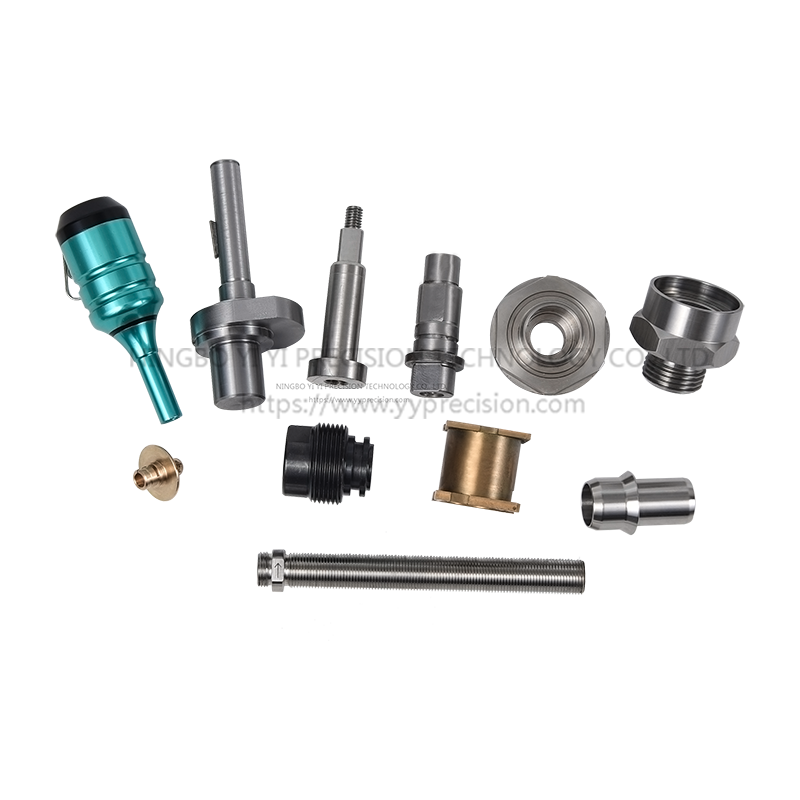Stainless steel is a popular material choice for turning parts in various industries due to its many advantages. Here are some of the key advantages of using
Stainless Steel Turning Parts :
Corrosion Resistance: Stainless steel is highly resistant to corrosion and rust, making it ideal for applications in moist or corrosive environments. This resistance is primarily due to the presence of chromium in the alloy, which forms a passive oxide layer on the surface that protects it from corrosion.
Durability: Stainless steel is a robust material with excellent mechanical properties, including high tensile strength and hardness. It can withstand harsh operating conditions and maintain its structural integrity over extended periods, reducing the need for frequent replacements.
Temperature Resistance: Stainless steel maintains its strength and integrity at both high and low temperatures, making it suitable for applications in extreme temperature environments, such as aerospace and industrial processes.
Hygiene and Cleanliness: Stainless steel is easy to clean and sanitize, making it a preferred choice for industries with strict hygiene requirements, such as the food and pharmaceutical industries.
Aesthetic Appeal: Stainless steel has a sleek and polished appearance, which makes it visually appealing. It can enhance the aesthetics of products and is often used in decorative and architectural applications.
Machinability: Stainless steel is machinable with the right tools and techniques. It can be turned, milled, drilled, and welded, making it versatile for manufacturing a wide range of parts.
Resistance to Chemicals: Stainless steel is resistant to many chemicals and acids, making it suitable for applications in chemical processing, petrochemical, and pharmaceutical industries.
Longevity and Low Maintenance: Stainless steel components tend to have a longer lifespan and require minimal maintenance compared to some other materials. This can result in cost savings over time.
Recyclability: Stainless steel is a highly recyclable material, which makes it an environmentally friendly choice. Recycling stainless steel reduces the demand for raw materials and lowers the carbon footprint of manufacturing.
Non-reactivity: Stainless steel is non-reactive with most substances, which is important for applications where contamination or chemical reactions must be minimized.
Regulatory Compliance: Stainless steel often complies with industry standards and regulations, which is crucial for applications in sectors like healthcare, aerospace, and automotive manufacturing.
Customization: Stainless steel can be alloyed with various elements to achieve specific properties, allowing for customization to meet the requirements of a particular application.
 ALUMINUM TURNED PARTSExtra Large Transition Round Aluminum Turned Parts
ALUMINUM TURNED PARTSExtra Large Transition Round Aluminum Turned Parts

